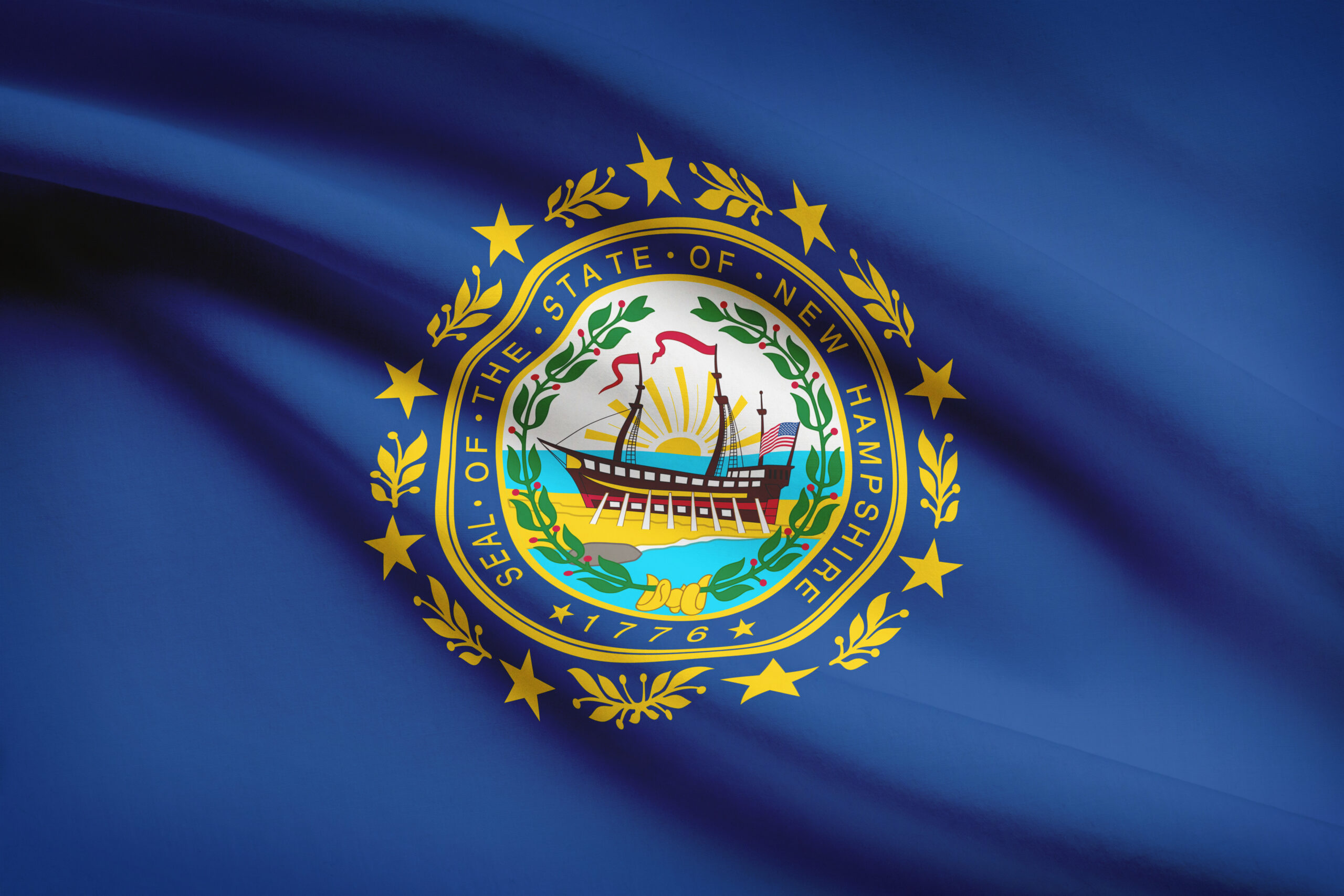Showing results for maykuth call 614 647 0039 electrical service change maykuth call 800 387 0073 614 647 0039 1-800-387-0073 call 614 647 0039 call 1 0073 614 647 0039 614 647 0039 800 387 0073 614 647 0039

Alan Raul, Founder of Sidley Austin’s Privacy and Cybersecurity Law Practice Elected FPF’s New Board President
FPF Founder Christopher Wolf and Board Chair steps down after 15 years of service FPF is pleased to announce Alan Raul, former Vice Chairman of the Privacy and Civil Liberties Oversight Board, has been elected to serve as President and Chair of the organization’s Board of Directors. Raul succeeds Christopher Wolf, founding Board President […]

Examining Novel Advertising Solutions: A Proposed Risk-Utility Framework
[…] 26, 2024. Download the Proposed Risk-Utility Framework HERE FPF welcomes public comments until May 26, 2024 The digital advertising industry is in the midst of a sea change. Around the world, privacy regulators have become far more critical of mainstream advertising business models. Both lawmakers and enforcers of existing laws are now more focused […]

FPF Vehicle Safety Systems_March2024 FINAL (2)
[…] the vehicle if the driver does not act. Next- generation ADAS may leverage wireless network connectivity by using car-to-car communications. Another group of Vehicle Safety Systems are called Driver Monitoring Systems (DMS). These systems use in cabin-focused cameras and other sensors to infer the driver’s fitness to drive. DMS assess the driver’s alertness by […]

[Final] Youth_immersive tech regulatory guidance
[…] ctions Com pany Description ofCharges O rder Epic Gam es65 Alleged privacyviolations: ● Violated CO PPA rule bycollecting personalinfo from children under13 who played Fortnite (child-directed online service)withoutnotifying parentsorobtaining parents’verifiable consent ● Violated prohibition againstunfairpracticesby enabling real-tim e voice and textchat com m unicationsforchildren/teensbydefault Alleged illegal”dark patterns”: ● Used “dark patterns”to trick usersinto m […]

FINAL FPF-PPPM-2024-Digest-PRINT-R4-singles
[…] to enable still-desired targeting, measurement, and optimization. Our paper analyzes this contradiction by looking at systems that aim to replicate existing functionalities while protecting user “privacy.” We call this a form of “cynical resignation” and characterize its key maneuvers as follows: (a) sanitizing surveillance; (b) party-hopping; and (c) sabotage. We argue that this “cynical […]

FPF Vehicle Safety Systems_March2024 FINAL
[…] the vehicle if the driver does not act. Next- generation ADAS may leverage wireless network connectivity by using car-to-car communications. Another group of Vehicle Safety Systems are called Driver Monitoring Systems (DMS). These systems use in cabin-focused cameras and other sensors to infer the driver’s fitness to drive. DMS assess the driver’s alertness by […]

15th Annual Advisory Board Meeting 2024
[…] based on availability and accepted at the prevailing rates. Corporate Advisory Board Members: have two options to make hotel reservations no later than Tuesday, May 7th, 2024. Call to Reserve: Reservations are to be made directly with the Hotel Reservations Department before the cut-off date. Please contact the Reservations Department at 833-249-1029 and identify […]

Privacy and the Rise of “Neurorights” in Latin America
[…] and Portuguese-speaking data protection regulators, declared support for the OAS Declaration and Principles and announced the establishment of a working group on neurodata. Perhaps the most consequential call for action was the 2022 Neurorights Model Law, drafted by the Latin American and Caribbean Parliament (Parlatino), a regional organization that promotes regional integration through legislative […]

FPF Vehicle Safety Systems_March2024
[…] the vehicle if the driver does not act. Next- generation ADAS may leverage wireless network connectivity by using car-to-car communications. Another group of Vehicle Safety Systems are called Driver Monitoring Systems (DMS). These systems use in cabin-focused cameras and other sensors to infer the driver’s fitness to drive. DMS assess the driver’s alertness by […]

Little New About Hampshire
[…] to place strict limits on the disclosure of personal information by a “third-party provider of information,” defined broadly under that bill to encompass telephone companies, utilities, internet service providers, streaming services, social media services, email service providers, banks and financial institutions, insurance companies, and credit card companies. HB 314 passed the New Hampshire House […]
